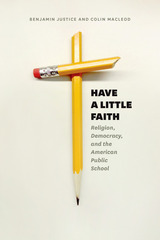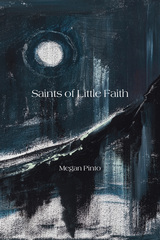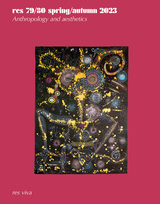
From Bible readings and school prayer to teaching evolution and cultivating religious tolerance, Justice and Macleod consider the key issues and colorful characters that have shaped the way American schools have attempted to negotiate religious pluralism in a politically legitimate fashion. While schools and educational policies have not always advanced tolerance and understanding, Justice and Macleod point to the many efforts Americans have made to find a place for religion in public schools that both acknowledges the importance of faith to so many citizens and respects democratic ideals that insist upon a reasonable separation of church and state. Finally, they apply the lessons of history and political philosophy to an analysis of three critical areas of religious controversy in public education today: student-led religious observances in extracurricular activities, the tensions between freedom of expression and the need for inclusive environments, and the shift from democratic control of schools to loosely regulated charter and voucher programs.
Altogether Justice and Macleod show how the interpretation of educational history through the lens of contemporary democratic theory offers both a richer understanding of past disputes and new ways of addressing contemporary challenges.

George W. Bush had planned to swear his oath of office with his hand on the Masonic Bible used by both his father and George Washington, however, due to the inclement weather, a family Bible was substituted. Almost immediately on taking office, President Bush made passage of "faith-based initiatives"—the government funding of religious charitable groups—a legislative priority. However, "inclement" weather storm-tossed his hopes for faith-based initiatives as well.
What happened? Why did these initiatives, which began with such vigor and support from a popular president, fail? And what does this say about the future role of religious faith in American public life? Amy Black, Douglas Koopman, and David Ryden—all prominent political scientists—utilize a framework that takes the issue through all three branches of government and analyzes it through three very specific lenses: a public policy lens, a political party lens, and a lens of religion in the public square.
Drawing on dozens of interviews with key figures in Washington, the authors tell a compelling story, revealing the evolution of the Bush faith-based strategy from his campaign for the presidency through congressional votes to the present. They show how political rhetoric, infighting, and poor communication shipwrecked Bush's efforts to fundamentally alter the way government might conduct social services. The authors demonstrate the lessons learned, and propose a more fruitful, effective way to go about such initiatives in the future.

The energies animating Saints of Little Faith, Megan Pinto’s electrifying debut in poetry, are a forceful quiet, a loud stillness, the caesura between a lightning strike and the sound of thunder. Everywhere, the speaker sees the numinous power of language, the incipience of things to come, even a kind of catastrophic grace in desolation and destruction — as if within the terrain of her own obsession, she recognizes the familiar, ever-changing seasons. Fierce and intimate, this poet’s meditative transformations engage with South Asian experiences of addiction, domestic violence, and mental illness, refusing to ignore narratives treated as unspeakable and overlooked by the English canon. Mapping the collision of abuse, psychosis, and rage, Pinto sees beyond them, buoyed by an inscrutable but abiding faith in the holiness of life itself, in a cold god nevertheless capable of gentleness. Once, “desire was an arrow, but now desire / is the field.” Pinto presides over this expanse, deciding, “I have three choices: to drift through life / anesthetized, to soften. . .” In that unspoken “or” the merciful lacuna of that ellipsis, reside the lyrical mystery and medicine that feed this astonishing collection and strengthen resolve, both ours and the speaker’s: “The lake looks frozen, but it is not.”
READERS
Browse our collection.
PUBLISHERS
See BiblioVault's publisher services.
STUDENT SERVICES
Files for college accessibility offices.
UChicago Accessibility Resources
home | accessibility | search | about | contact us
BiblioVault ® 2001 - 2024
The University of Chicago Press









